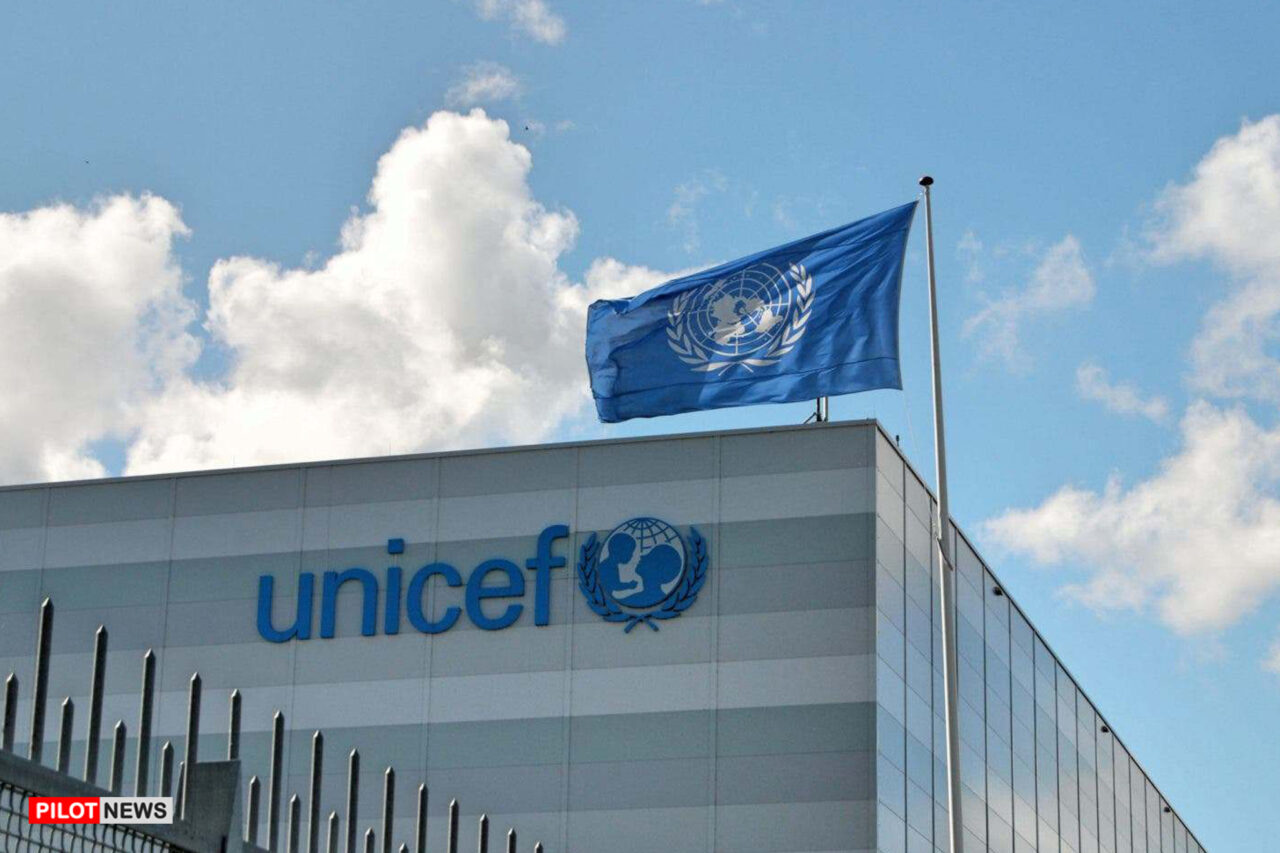The United Nations Children’s Fund (UNICEF) has said that lack of exclusive breastfeeding for six months and nutritious foods within the first 1000 days of a child’s life is detrimental to its development and survival.
Ada Ezeogu, UNICEF Nutrition Specialist, who gave the advice described the first 1,000 days of a child’s life, being nearly age three as a ‘golden window of opportunity,’ that must not be missed.
According to Ezeogu, compliance with exclusive breast milk for six months and a combination of other nutrient-rich foods would protect babies from every form of disease encountered during the window age of 1,000 days.
In an interactive session with journalists during the Media Advocacy Meeting by the National Orientation Agency (NOA), in collaboration with UNICEF, Ezeogu stressed the need for a woman to be well nourished before, during, and after pregnancy.
She noted that a child depends more on the mother for nutrient requirements right from conception, through the period of pregnancy, and after birth.
According to Ezeogu, it is fundamental that children under two years are subjected to the right foods and exclusive breast milk for six months, and this must be accompanied by a combination of other nutrient-rich foods thereafter.
Ezeogu added, “The first 1,000 days is a golden window of a child’s mental and physical developmental life, because it is at that time that the brain is being built, a time that the lifelong for healthy living is laid.
“There is, therefore, every need for a woman to be well nourished before, during, and after pregnancy as a child depends more on the mother for nutrient requirements, hence early initiation of breastfeeding is advised.
She further stated, “Exclusive breastfeeding helps the child to develop mentally and physically, evidence of the child’s intelligence and general activities, as it’s an opportunity to ensure that they have a good start in life.
“The lack of vital nutrients from the point where pregnancy is confirmed and in the early stage of a child’s life results in problems such as stunted growth and wasting which is irreversible,” she added.
Ezeogu further said that food has a significant impact on a child’s physical and mental development and that parents must provide these basic needs in order to ensure the child’s success in all areas.
Aderonke Akinola-Akinwole, UNICEF Social Behavioural Change Specialist, while collaborating what Ezeogu said, noted that the importance of parents taking the issue of their children’s first 1,000 days of life, starting from conception to their second birthday very seriously.
Akinlola-Akinwole said that many parents, who should have had a deep knowledge of what they were supposed to do would make their newborns stay alive, healthy, and succeed in life, were not living up to the task.
She said, “We encourage pregnant women to patronise the right health facilities where we have skilled healthcare givers including birth attendants, attend regular antenatal care, and practice exclusive breastfeeding after delivery of their babies. Most importantly, present them for immunisation as required.”
According to her, the adverse consequences of not giving the right attention to children under two years affect their mental and body development and, in turn, create problems for families and society at large.
Akinola-Akinwole urged the media to take up the campaign and educate the public in their child-bearing ages to cultivate healthy practices and support for their newborn so that they can grow up healthy and do well in school as well as life endeavours.
Similarly, Dr (Mrs.) Olubunmi Akinlade, Lagos State Immunisation Coordinator, expressed displeasure at the approach of some people in Lagos towards vaccines and getting immunised.
She said that despite the fact that Lagos is still the epic centre of COVID-19, people are not willing to get vaccinated, and this is not good enough because the vaccines are available.
Akinlade noted that only about 27 percent of the eight million people expected for vaccination in the state have been vaccinated so far, adding that many people still don’t see the reason they should get vaccinated with the COVID-19 vaccine.
“The state government’s target is to get 69,000 people vaccinated each day and to round up the exercise based on the eight million total target, but the high resistance of people to vaccination is greatly slowing down the exercise.
“Many primary health centres and about 450 mobile outlets in addition spread across the state are designated for people to get vaccinated either for the first dose, second, third doses or booster,” she added.
Dr. Waheed Ishola, NOA Lagos Director, stated that the agency and UNICEF believed so much in the role the media could play in bringing the issues raised at the programme to the front burner.
- FG moves to secure natural resources, as presidential committee meets service chiefs - January 25, 2024
- Kogi govt pays JAMB registration fees for 15,033 public school students - January 24, 2024
- Edo Guber: APC debunks aspirants screening disqualification rumours - January 24, 2024

